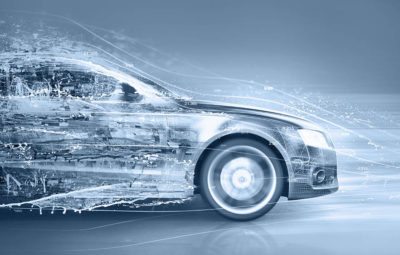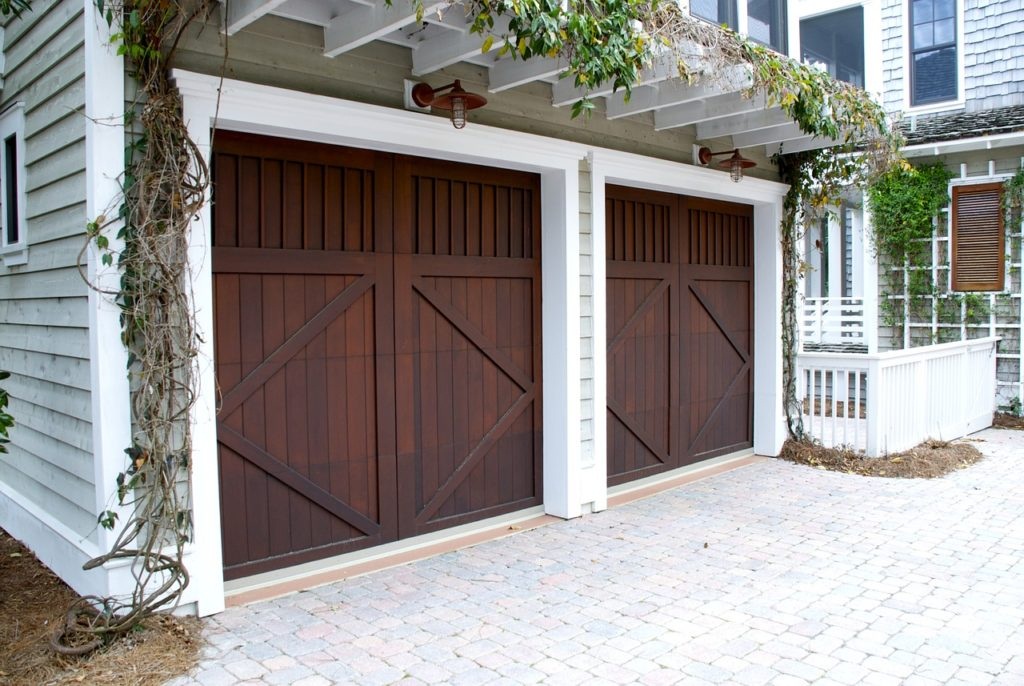Diesel generators are an excellent option when it comes to backup power, and they offer a number of advantages that make them worth considering. A diesel generator is a great thing to have on hand during power outages. It can provide you with the power that you need to keep your home running and protected.
A backup generator can be used for a variety of different purposes. If you’re using it for emergency purposes, then you’ll want to make sure that it’s large enough to power all of your appliances at once. You can also use a backup generator as a way to keep your refrigerator running during an extended power outage.
The following are just some of the generator pros why you may want to consider adding a diesel generator to your home or business:
Diesel generators are known for their reliability, and they’re designed to operate without interruption even in extreme weather conditions. This makes them an excellent choice for people who live in areas that experience frequent outages or power surges.
Gas-powered generators tend to be much noisier than diesel generators, but they also generate more emissions. Diesel generators are quieter, so they won’t disturb neighbours or bother those living nearby. Additionally, many models feature soundproofing that further reduces noise levels.
Diesel generators can run for longer periods of time on one tank of fuel than gas-powered units can because there aren’t any ignition systems or spark plugs involved in running them. This means that they’re ideal for situations where continuous power is needed over long periods of time (such as during natural disasters).
Diesel generators are also great for camping trips, where you want to be able to power lights and other appliances. The best part about having a diesel generator is that it doesn’t require any electricity from the outside world in order to run. This means if the power goes out at home, you’ll still have access to electricity through your own generator.
When choosing a diesel generator, there are several things to consider before you make your purchase. First, how much wattage do you need? Do you want enough power for just one room or does it need to supply power for an entire house? You should also consider how long you want it to run before having to refuel again (generators come in both gas and electric). Finally, think about what features are most important to you — some models include remote controls while others have built-in fans so they don’t overheat when running constantly.








